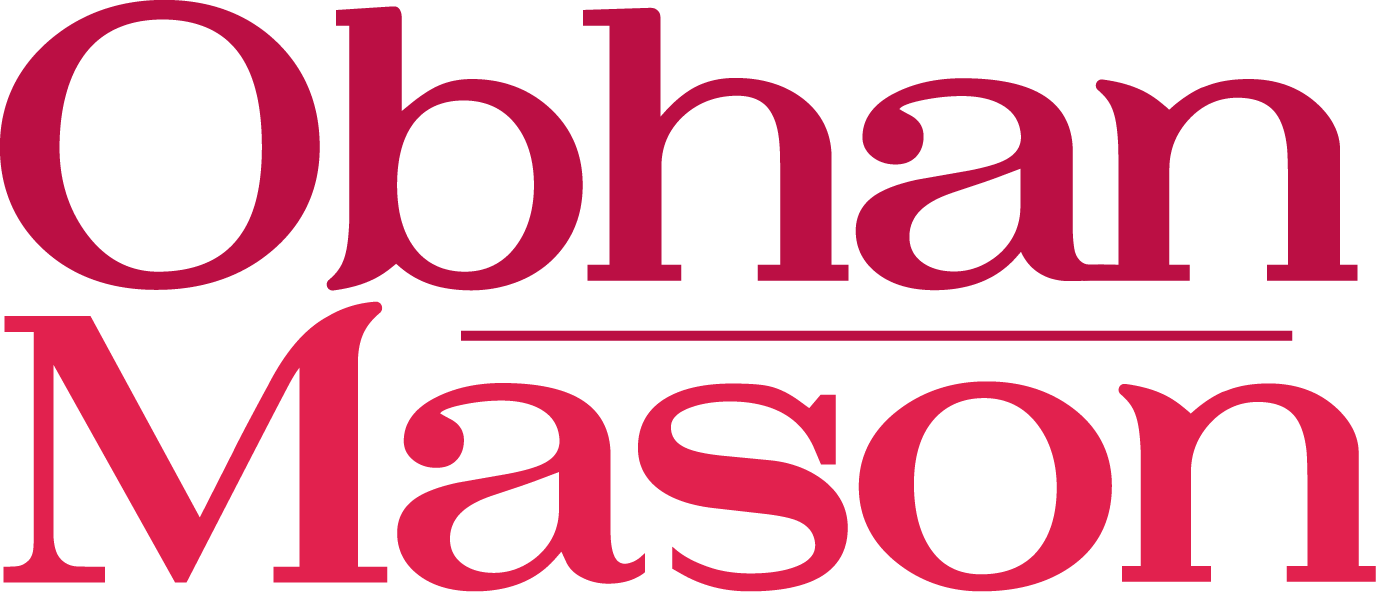Tag: patent applications in India
January 16, 2025
Intellectual Property | Patent
Intellectual Property | Patent
In Perfect Time: When to file divisional applications
Divisional applications must be filed before the parent patent application is granted or rejected, but getting the timing right can be tricky, especially when it is not known as to when the grant or rejection will actually take place. A recent case from the Madras High Court offers insights as to when divisional applications must be filed in different scenarios. ......
May 24, 2024
Intellectual Property | Patent
Intellectual Property | Patent
Patent non-disclosures turn out costly for Google in In...
False or incomplete disclosures can be costly - this follows from a recent decision of the Delhi High Court, where the global technology giant Google had to not just forgo its patent application for not meeting conditions of patentability, but also pay a fine for not providing complete and correct information of corresponding foreign filings in connection with the application. ......
March 19, 2024
Intellectual Property | Patent
Intellectual Property | Patent
Patent (Amendment) Rules, 2024: Key Changes
The Ministry of Commerce and Industry has, on March 15, 2024, notified the Patents (Amendment) Rules, 2024 to amend the Patents Rules, 2003 (“Amended Rules”), making significant changes to Indian patent practice and procedure. The Amended Rules have already come into effect from the date of publication, i.e., March 15, 2024. ......
November 17, 2022
Intellectual Property | Patent
Intellectual Property | Patent
Testing a Patent: Opposition and Revocation in India
It is sometimes presumed that the patent application process concludes with the grant of a patent, after it has been successfully prosecuted. Although prosecution examines an application for patentability, its true test arguably comes during the opposition process. ......
September 29, 2022
Intellectual Property | Patent
Intellectual Property | Patent
Getting to Grant: Patent Prosecution in India
Patent prosecution is the centerpiece of the process of obtaining a patent. The proceedings during prosecution serve as important legal guidance on the patentability of the invention, and successful prosecution is key to ensuring that patent rights are protected. ......
July 4, 2022
Intellectual Property | Patent
Intellectual Property | Patent
Preparing for Invention Disclosure Meetings: A Guide fo...
You have a new and innovative solution (for example, a product or a method) that solves a problem. You want to apply for a patent covering that solution. To discuss the patent application, you set up an appointment with a drafting patent attorney. ......
June 30, 2022
Intellectual Property | Patent
Intellectual Property | Patent
Sequence Listing in Indian Patent Applications
If a patent application discloses any nucleotide or amino acid sequences, the description of the invention must contain a ‘sequence listing’. A sequence listing is a list of biological sequences using defined terms for certain features. This includes descriptive information about each sequence, which is known as annotations. ......
May 26, 2022
Intellectual Property | Patent
Intellectual Property | Patent
Timelines in prosecuting an Indian patent
The timelines for completing various tasks or submitting various documents in the patent prosecution process differ depending on which stage a patent application is at. The various timelines involved in the grant of an Indian patent. ......
April 6, 2022
Intellectual Property | Patent
Intellectual Property | Patent
Under the skin: Patentability of cosmetic compositions ...
Cosmetic compositions and methods, like any other inventions, are expected to meet the three step requirement of patentability in India before being granted protection under law, i.e., the invention must meet the criteria of “Novelty”, “Inventive step” and “Industrial Application”. ......





















